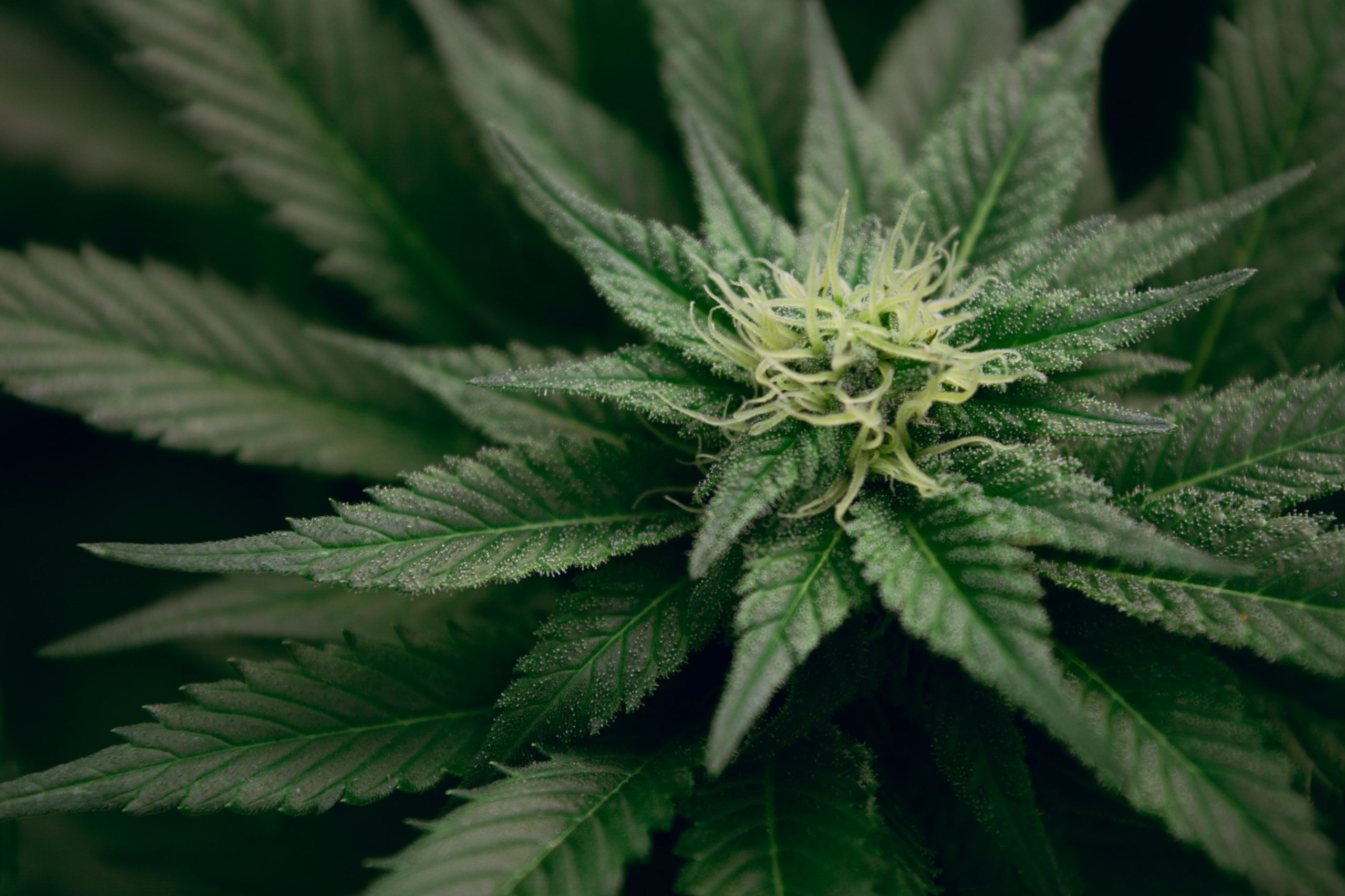
In 1937, congress passed the Marihuana Tax Act , a law which made cannabis restrictive in the U.S. The act was passed because it “seemed to be that addicts would move from one drug, like heroin, to others, like marijuana, in search of a legal and accessible high,” said Erin Krcatovich, political science professor on Study.com.
In order to eliminate drug use, the government made all addictive substances illegal — the twist: it was believed that the Du Pont family played a role in passing the law.
The Du Pont family is 15th on Forbes’ list of the 2016’s Richest Families. Their net worth is $14.3 billion. The family’s fortune is estimated to be shared between 3,500 family members and dates back more than 200 years ago,

Forbes reported.
Dwight K. Blake of American Marijuana, an organization dedicated to medical cannabis education, indicated that at that time, families of wealthy and powerful businessmen and newspapermen were threatened by the growing use of cannabis, especially the Du Pont family, who originally made their fortune from gunpowder.
It was further reported by Project CBD that the Du Pont company was developing synthetic fabrics, and had to compete against hemp.

According to The Hemp Business Journal, many hemp industry insiders —such as Jack Herer, author of The Emperor Wears No Clothes, a book detailing this conspiracy — believed it was a powerful group of American industrialists — including the Du Pont family — who wanted to demonize the hemp industry in the 1930s.
“Du Pont feared competition from hemp as a fiber,” said David Bearman of Huffington Post.
Bearman described how the tension was solely based on oil.
The Du Pont company had invented cellophane — a type of plastic — made with petroleum, which was about to become the standard packaging for most American goods, Bearman explained.
They also had just invented nylon — a “revolutionary carbon-based product [that] came from chemicals found in petroleum,” according to the American Oil and Gas Historical Society.
Hemp fiber, however, was the first plastic to be made with plant oils, which could become a competition for Du Pont’s products, Bearman continued.

According to Forbes, every part of the hemp plant could be used for materialistic products such as textiles, canvas, rope paper and animal bedding. Hemp is also edible — the seeds are high in protein and essential fatty acids, while the oil can be used for cooking, paints and most importantly… plastics.
Because of the potential for competition, experts claimed that the family wanted to kill the cannabis industry with The Marihuana Tax Act of 1937 to protect their industrial interests, Brian Dunning of Skeptoid said.
According to American Marijuana, the tax act was the U.S. government’s first step to imposing a ban on cannabis.
High Times reported that the act itself did not prohibit cannabis; instead, it imposed taxes, regulations and restrictions on the commerce of cannabis from the top-to-bottom.
High Times described that if taxes were too high, most people involved in cannabis commercially would not be able to pay them. And if they did not pay, under the Marihuana Tax Act, they would become criminals.

Though the tax act was passed to impose taxes, U.S. Customs and Border Protection described how the legislation made the scientific research and medical testing of cannabis disappear. By 1970, cannabis — including hemp — was classified alongside heroin and LSD as a schedule I drug.
However some are still skeptical about the claims that the Du Pont family had anything to do with the tax act in the first place.
For example, The Schaffer Library of Drug Policy described that — although there were connections between powerful people and politics — there is no documentation that would confirm Du Pont’s role in catalyzing anti-cannabis legislation.
More specifically, the library reports, the Du Pont family’s wealth was built largely on explosives and a succession of wars, so they were doing quite well regardless of whatever happened with hemp.
Moreover, hemp was already declining in the U.S. in the 1930s. Farmers in the 1930s were not familiar with hemp and didn’t use it properly. Consequently, hemp crops went unsold due to decreases in demand.
Clearly, “there was no reason for any industrialist to think that hemp was a threat to their empire,” explained The Schaffer Library of Drug Policy.
Written by: J. Laura


J Edgar Hoover allegedly had shares in Du Pont and so helped destroy the hemp industry which would be in direct competition with the development of nylon.
Long ago the very wealthy Du Pont family bought up huge tracts of land in Delaware and planted pine tees to harvest in the future and make paper products, etc. Hemp was and still is a threat to Du pont’s bottom line financially since hemp can be used to make paper as well as many other commercial uses.
Biden was a U.S. Senator in Delaware at the time. Get the picture now? Biden is owned by the Du ponts! Biden will never legalize Marijuana because he is a bought off politician. Too many politicians are behaving like prostitutes —offer them enough money and they will take any you want.
Much appreciated:
Yur confirmation of how hemp became demonized when DuPont felt hemp’s competition with DuPont products.
SUCH HOG WASH. Lobbying is still a thing. I watched a documentary on the history channel about this 10 yrs ago and now they want to pretend it had nothing to do with dupont